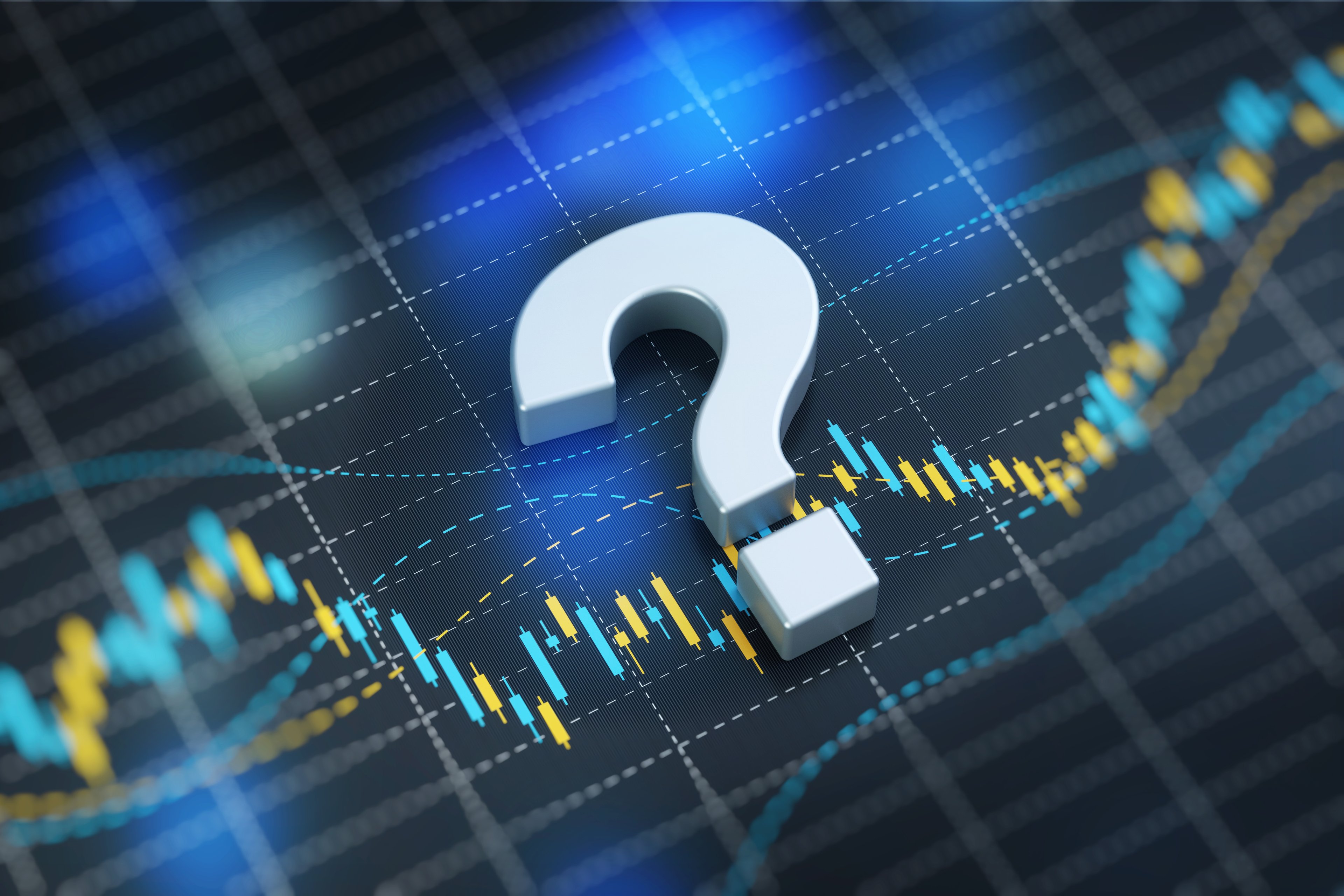Larry Ellison isn't afraid to speak his mind.
Oracle's (ORCL +7.01%) CEO has never shied away from calling out the competition by name in the enterprise software giant's conference calls, and he's never been one to mince words when talking about tech giants that aren't direct threats to his company.
He was also a close friend of Steve Jobs, so it was only natural for Charlie Rose to ask Ellison about Apple's i(AAPL 0.27%) iconic visionary in an interview that aired on CBS This Morning yesterday ahead of this weekend's theatrical release of Jobs.
"What happens to Apple without Steve?" he was asked.
"We already know," Ellison responded. "We conducted the experiment."
He then went on to explain that Apple tanked under John Sculley after Jobs was ousted, implying that the same thing is happening now with Jobs' more permanent departure.
Now, to be fair, Apple is trading 33% higher since Jobs passed away 23 months ago. That's not enough to beat the market. The S&P 500 has soared 48% since Jobs died. However, you won't find too many people calling increasing your stock's value by a third in less than two years a failure.
However, there is a crisis of confidence at Apple, and that's something that probably wouldn't be happening if Jobs was still around. It's not that Jobs would've had bar-raising products on the market by now. Even if things were exactly as they are now -- with margins, market share, and profitability sliding -- the market would be confident that Jobs would have something cool on the way. Jobs always found a way to "one more thing" his company's way to relevance.
Reality isn't as compelling. We've had days to digest reports that Apple has a media event slated next month to introduce its next iPhone, and the buzz isn't as electric as it was when Jobs was still around. The iPhone 5S will likely have the same smallish form factor that has fallen out of favor in a world of larger Android phones. The long-rumored cheaper smartphone -- the iPhone 5C -- is no longer being seen as a difference maker. Apple can never get cheap enough to compete with the entry-level Android devices in markets where wireless carriers don't subsidize handsets, and if it could, it would destroy the already emaciated margins.
These things may not be CEO Tim Cook's fault. However, Jobs would have been able to sell the lull better.
Apple's leadership isn't getting a lot of respect these days. The crisis is real, even if the critic may not be the best authority in judging success these days.
The surprise ending here is that as uninspiring as Apple's 33% gain since Jobs' death may be, Oracle's own stock has only climbed 15% higher in that time.
We conducted the experiment.







